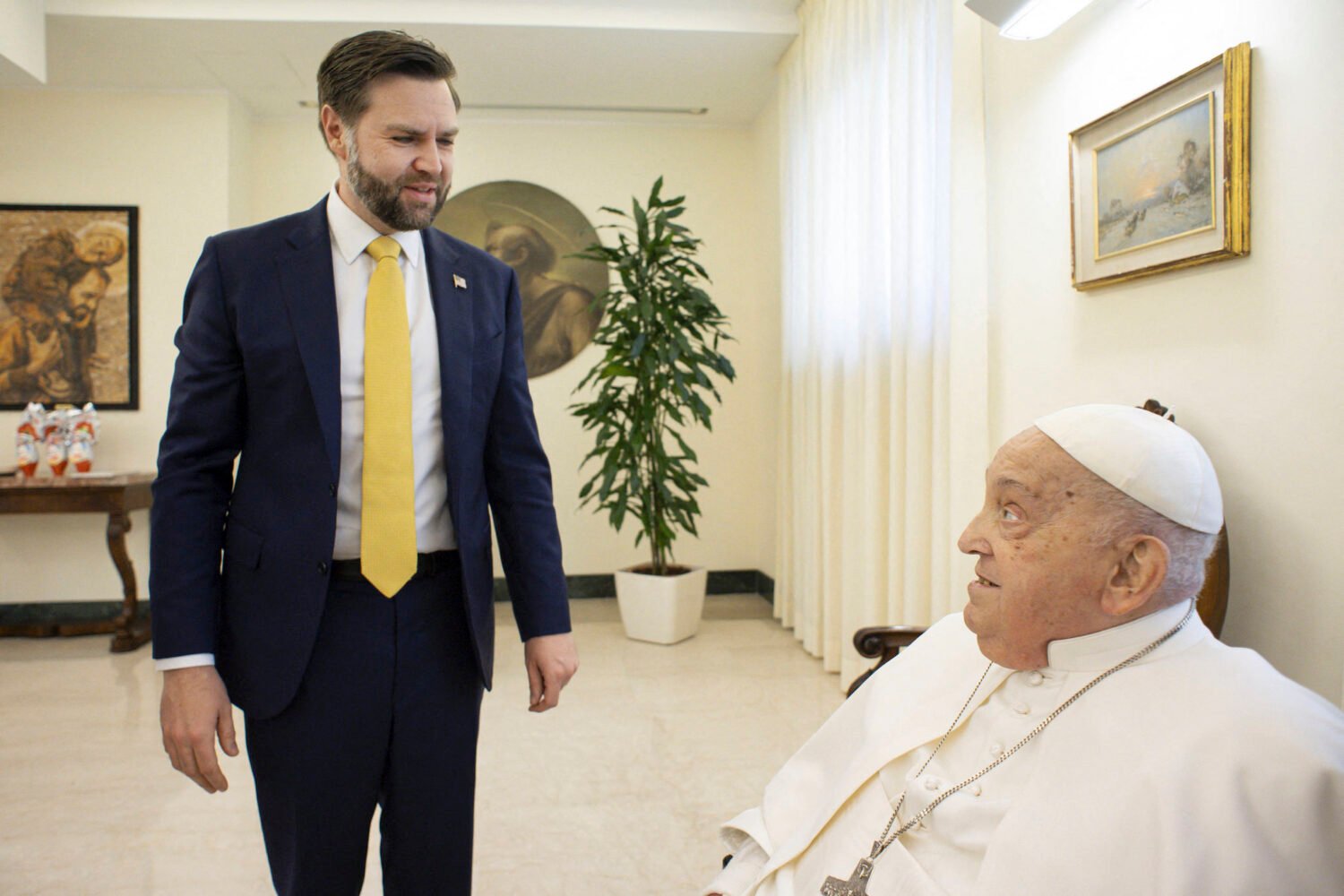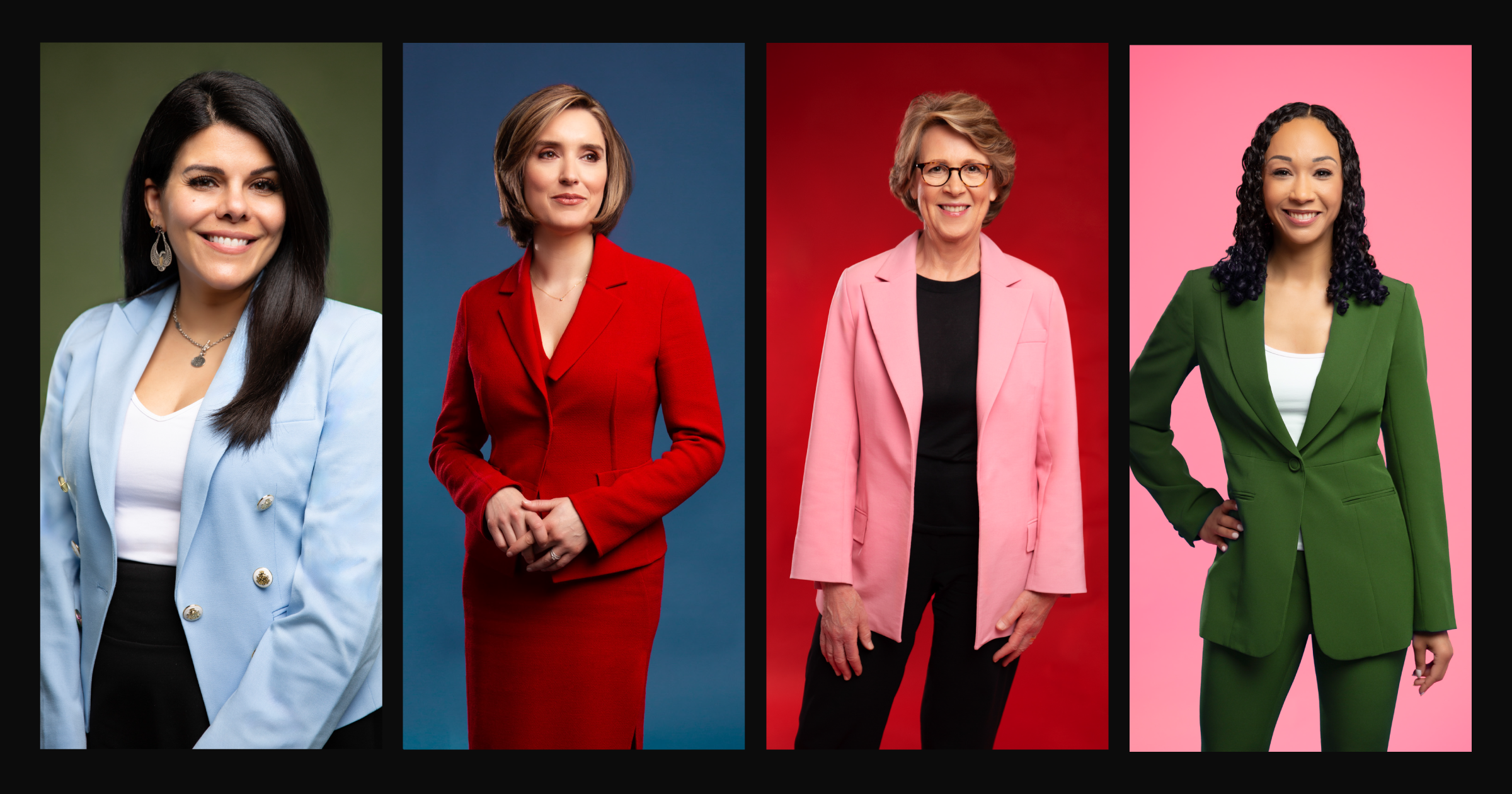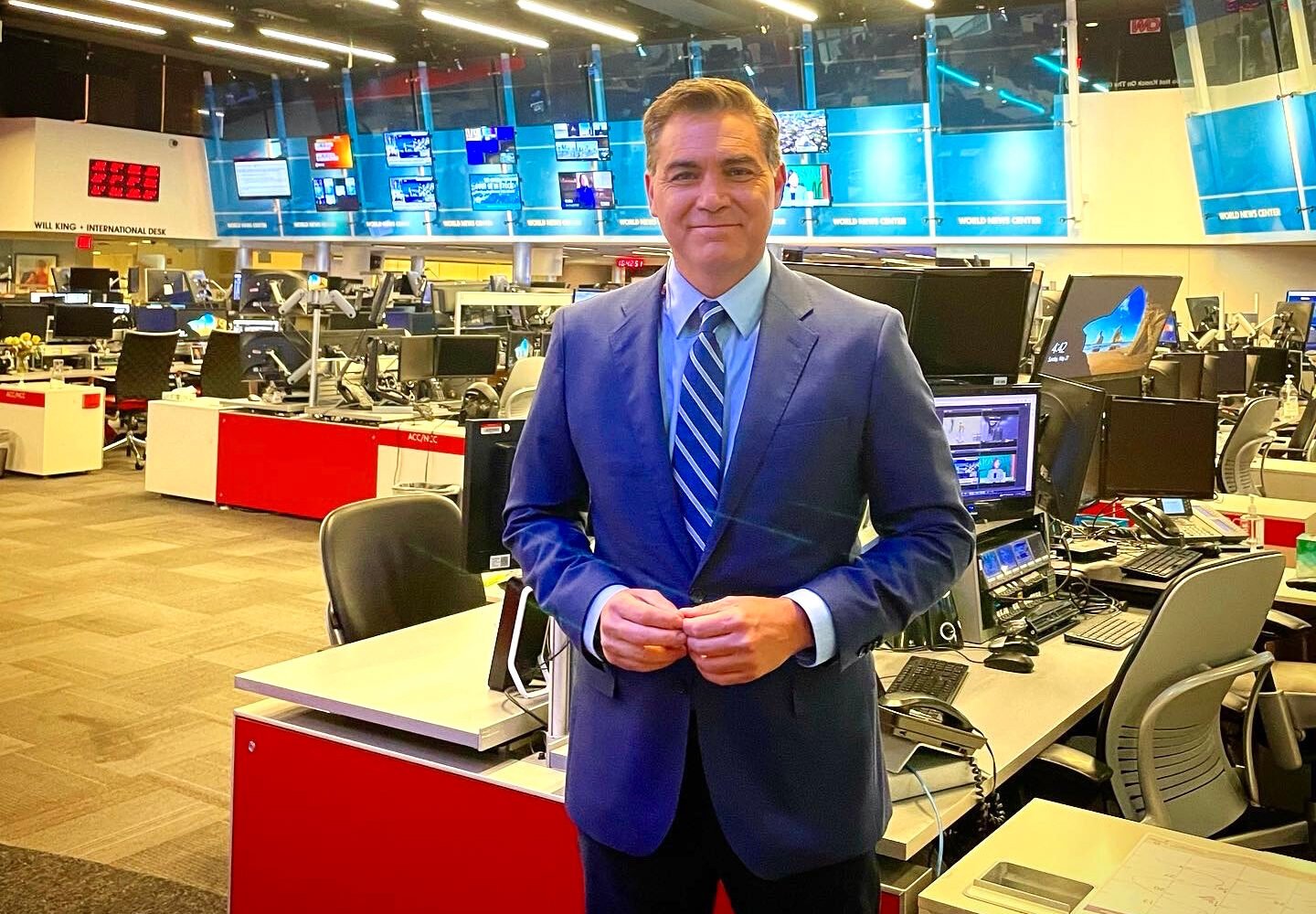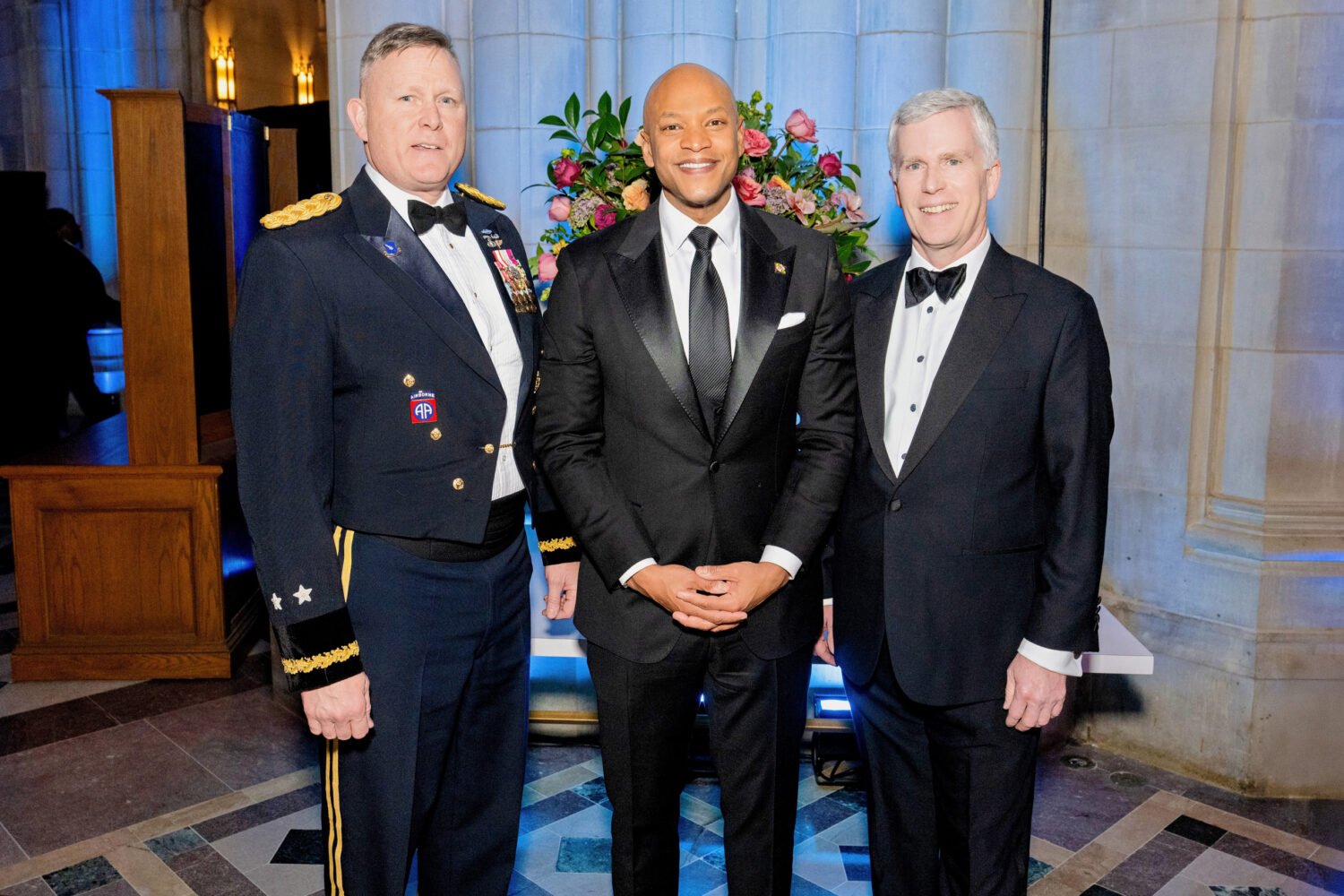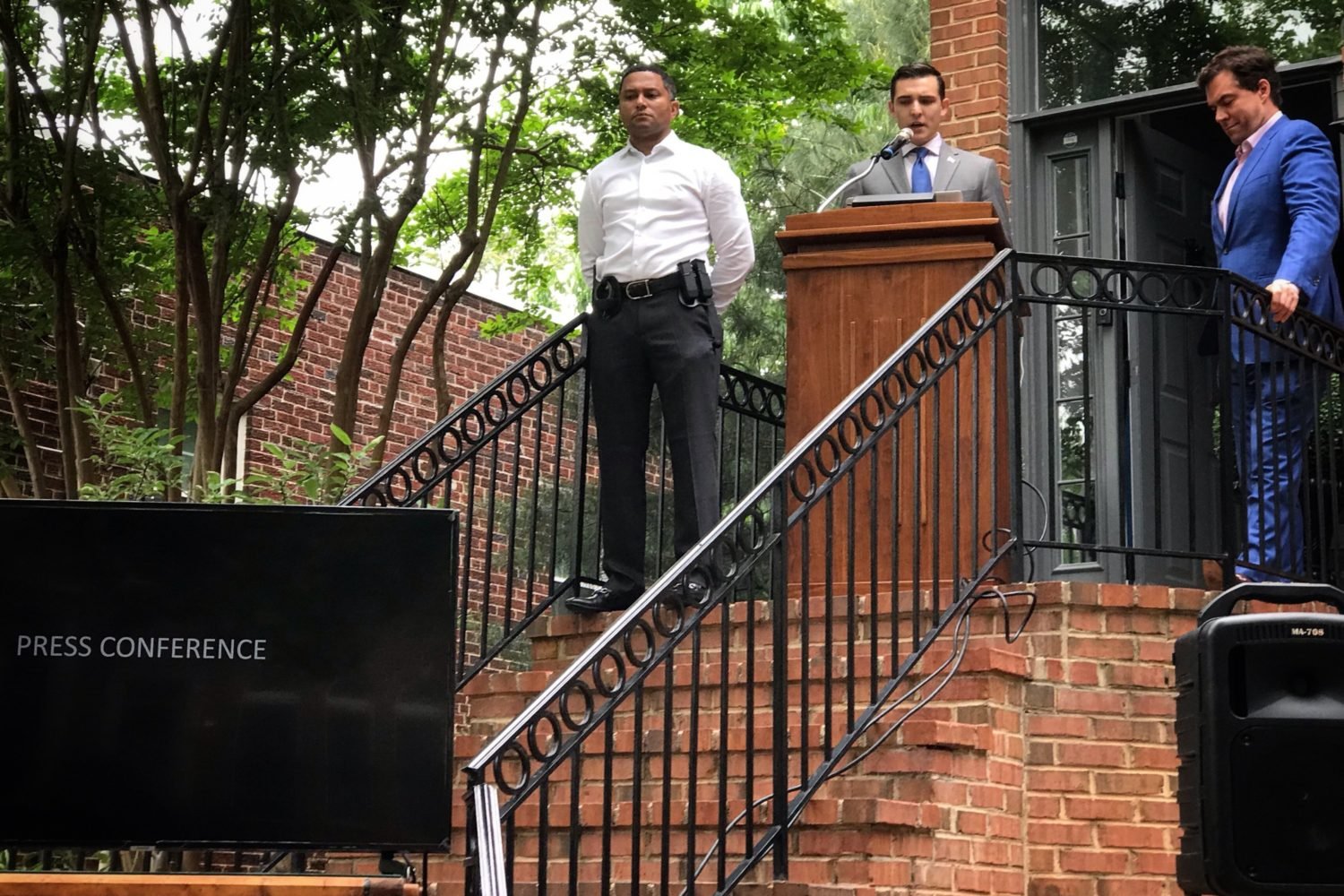Welcome to Company Town Diary, Washingtonian‘s periodic roundup of news, often buried beneath headlines, about how the Trump administration is affecting the work of our city’s largest industry at the ground level, in all its wonky specifics. This week: Science standards, debt rules, bad math, and more.
***
Debt trap. The Consumer Financial Protection Bureau plans to unshackle private debt collectors, sanctioning an array of aggressive tactics that the agency once policed. These include email and text spamming without permission, which experts warn will unleash a wave of scam artists; failing to clearly tell consumers they have a right to verify their debt; and absolving collectors from penalties for misleading behavior. The industry was fined earlier this year for unscrupulous practices.
FEC-kless. The fourth member of the Federal Election Commission left the agency, bringing the FEC below a quorum and hobbling it indefinitely. The Commission can no longer take meaningful votes or actions. Commissioner Ellen Weintraub told Washingtonian that the hamstrung Commission is unable to investigate, much less deter, a tide of campaign violations and dark money ahead of the 2020 elections.
Non-celebrity Apprentice. More than 150 Democrats opposed the Department of Labor’s plan to undermine government-backed apprenticeships. Since the New Deal, the government has guarded against scams in the apprenticeship program by requiring them to include actual on-the-job training, health benefits, and other safeguards. The administration plans to create a deregulated program, which they call “industry-led,” and has few of these guarantees.
Vandalism at ED. A Department of Education employee found her office vandalized. The employee, who is African American, reported that African figurines were beheaded, and a poster of a black schoolgirl was torn off the wall and damaged, along with her diploma. Secretary Betsy DeVos referred the matter to investigators, who incidentally have had a busy week: On Tuesday, the Department’s Office for Civil Rights dismissed a federal civil rights complaint brought by a parent, after a middle school student chanted the n-word at three students.
Emoluments, chapter two. While Trump squabbled over a bedbug issue at his Doral resort, which he hyped for the next G7 summit, a bigger scandal followed: A chorus of ethics experts who think Trump just breathed new life into his Emoluments Clause headache. A House panel announced it will investigate the incident of Trump hawking his businesses, while the ethics watchdog CREW filed a request for internal documents. Since 2015, Doral’s income had fallen 69 percent.
Healthcare, hotlines and humanity. While Trump appointee Ken Cuccinelli drew ire for a new immigration decision—which prohibits granting citizenship for some children of American soldiers on U.S. bases—the Trump administration found other less-examined corners to pursue its immigration agenda. Cuccinelli’s agency, USCIS, announced that they quietly ended a policy of temporarily deferring deportation while a migrant undergoes life-saving medical treatment.
Meanwhile, ICE shut down a toll-free hotline for detained migrants to reach a pro bono immigration lawyer. Detainees don’t have the right to a free phone call, and 1-800 numbers are not permitted, making the hotline essential for many. ICE appears to have barred the number from being dialed out of federal detention centers.
God’s arithmetic. A Trump administration rule that would allow discrimination in hiring and firing on religious grounds had to be republished this week following a math error. The price of the new rule allowing contractors to discriminate would merely cost taxpayers $20,325,900, not the previously-stated $24,197,500.
Score settling at Interior. In a move reminiscent of the White House’s talk of relocating asylum seekers to Democratic-voting cities, an Interior Department official taunted Congressional officials over a plan to relocate employees from the Bureau of Land Management, promising to withhold “departmental resources” from their states.
A rule too far. A new Department of Energy policy will sap regulations so thoroughly that even the manufacturers it was designed to benefit are pushing back. To be designated as energy efficient, appliances like washing machines and HVAC systems must pass a standard test—standards the Trump administration would abolish, instead allowing companies to test themselves before labeling their products energy efficient. One company said the rule “opens the door for bad actors to abuse the system,” while another said it was “to the detriment of consumers that rely on the quality of products[.]”
More wall, less money. The Pentagon announced this week it will construct 20 more miles of Trump’s feted border wall. Meanwhile, administration efforts to beef up a deterrent presence at the southern border has forced DHS to pilfer $271 million dollars from agencies such as FEMA and the Coast Guard for the second year in a row.
NORM EROSION OF THE WEEK: The EPA’s imminent “Censoring Science” rule. This week, outside scientists testified before the EPA’s Scientific Advisory Board (SAB), imploring the panel not to follow through on steps that would fundamentally reshape the EPA. For the past year, Trump appointees at the EPA have been advancing a policy that would require any underlying scientific data used by the agency to be publicly disclosed, or otherwise not admissible in EPA decisions about health and pollution.
Requiring that scientific data become public is meant to sound deceptively inoffensive, says Genna Reed, a lead science and policy analyst with the Union of Concerned Scientists, who testified before the SAB. But because vast amounts of scientific data that come to the EPA are anonymized for privacy considerations, some scientists have warned that the rule is a poison pill—designed to drain the well of available scientific research that legally empowers the EPA to draw conclusions and enforce rules.
In a condensed Q-A, Reed explains why this policy—which one scientist nicknamed the “Censoring Science” rule at the hearing—epitomizes the Trump administration’s strategy and unremitting effort to paralyze agencies like the EPA.
Washingtonian Magazine: Making scientific data available to the public—sounds innocuous enough. What’s wrong with transparency?
Genna Reed: Transparency is, of course, incredibly important. This proposal is not about transparency.
We have described it as a solution in search of a problem. The EPA already puts a lot of effort into making pretty much all of the studies it uses in regulations publicly available in dockets. And the underlying data, codes and models aren’t necessary for the agency to evaluate the body of the best available science.
This idea—requiring EPA to make all of its data publicly available—comes directly from the tobacco industry and fossil fuel industries. It’s a messaging strategy going way back. It’s an effort to increase procedural hurdles in precluding scientific assessments at the EPA, with industry players [hoping] that the agency would then fail to address these public health issues that impact industry.
What kind of scientific data are we talking about? What’s so sensitive that it can’t be made public?
EPA uses a lot of epidemiological studies—research that takes a look at how and why individuals are developing certain diseases or health outcomes as a result of exposure. These are often very intimate records about a person’s life. All this information publicly released could have some kind of economic harm on the individual.
Our [testimony] went through a few examples of the types of EPA studies that would end up being restricted from EPA [use] in the future. One is a set of epidemiological studies conducted by Columbia University that showed some negative impact on children’s health as a result of chlorpyrifos, which is an insecticide used on a range of crops across country. That data was collected along with confidentiality pledges to the mothers. So the Columbia researchers would not be able to submit that information to the EPA. And under this rule, if the data could not be released to the EPA, then that study could not be used.
On the other hand, EPA wouldn’t require those same disclosures for the industry. Confidential business information is protected, while the same is not afforded [to] academic researches conducting epidemiological studies. That for me really makes it very clear, once again, that this isn’t about transparency. It’s an excuse to ignore public health research, because it sets this impossible bar for the use of that science
You’ve said this rule encapsulates much of the administration’s strategy to undermine its own agencies.
It’s very clear that it’s a purely politically motivated maneuver from the EPA. We obtained documents under FOIA that showed it’s really only the political staff that worked on this proposed rule. Its own scientists…were not consulted. The Science Advisory Board only found out about this rule when it was proposed, at the same time everyone else did.
The SAB piece of this is just a very small slice … Ignoring the SAB, breaking with precedent on constructively working with its advisors on charge questions, changing the composition of the advisory committee so that it’s fewer academic researchers and more individual firms and industry groups. All of that is part of this larger trend under this administration of a lack of interest in scientific input into the regulatory agenda—sorry, de-regulatory agenda—of the EPA.
SWAMP BONUS: EPA couple leaves DC. A married couple that once drew ethics scrutiny in the early days of the Trump administration is leaving Washington. In early 2017, Henry Darwin, a candidate for a senior EPA position, leaned on the agency to hire his wife, too—noting “it would help our financial decision immensely.” The Darwins aren’t leaving the EPA, however, but merely jumping aboard the recent relocation craze, and moving to Arizona.

